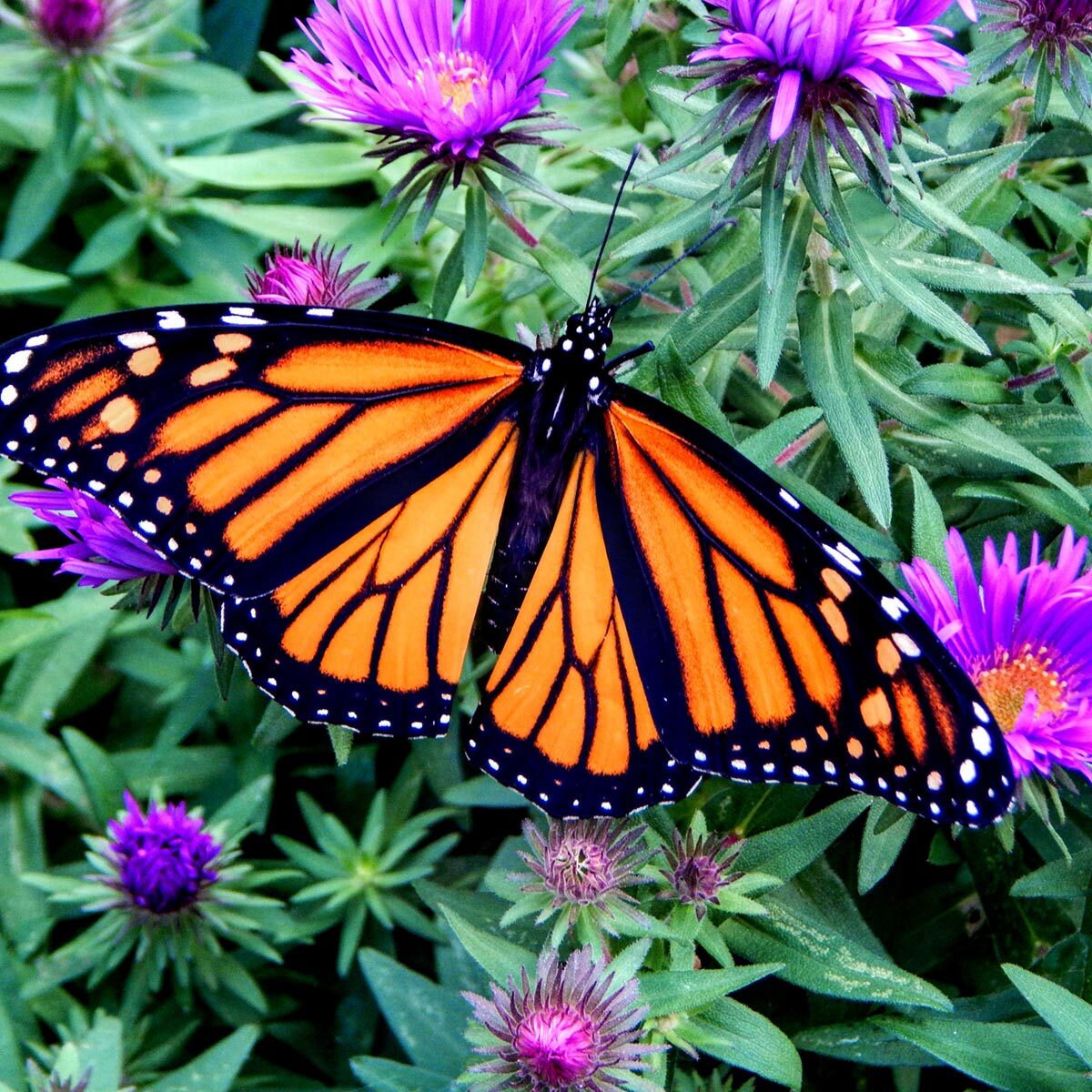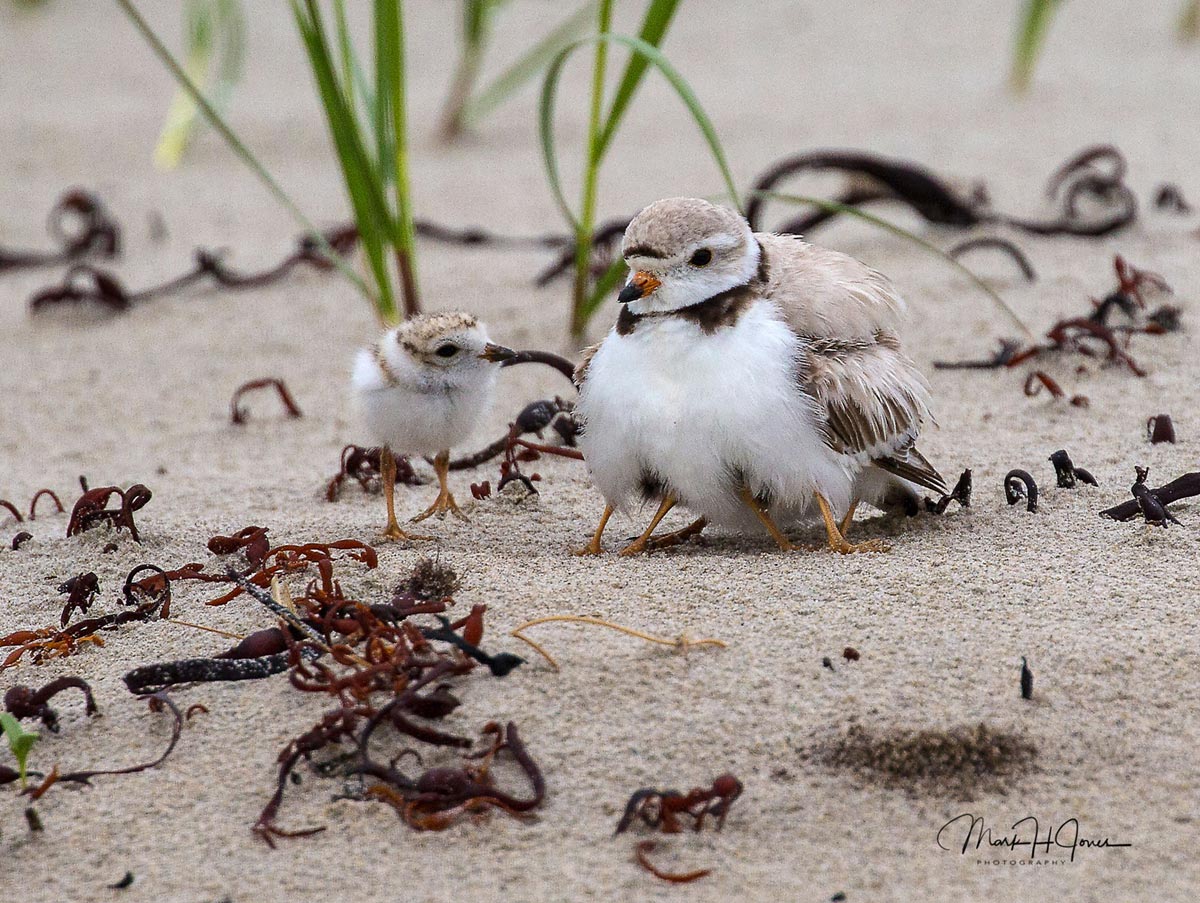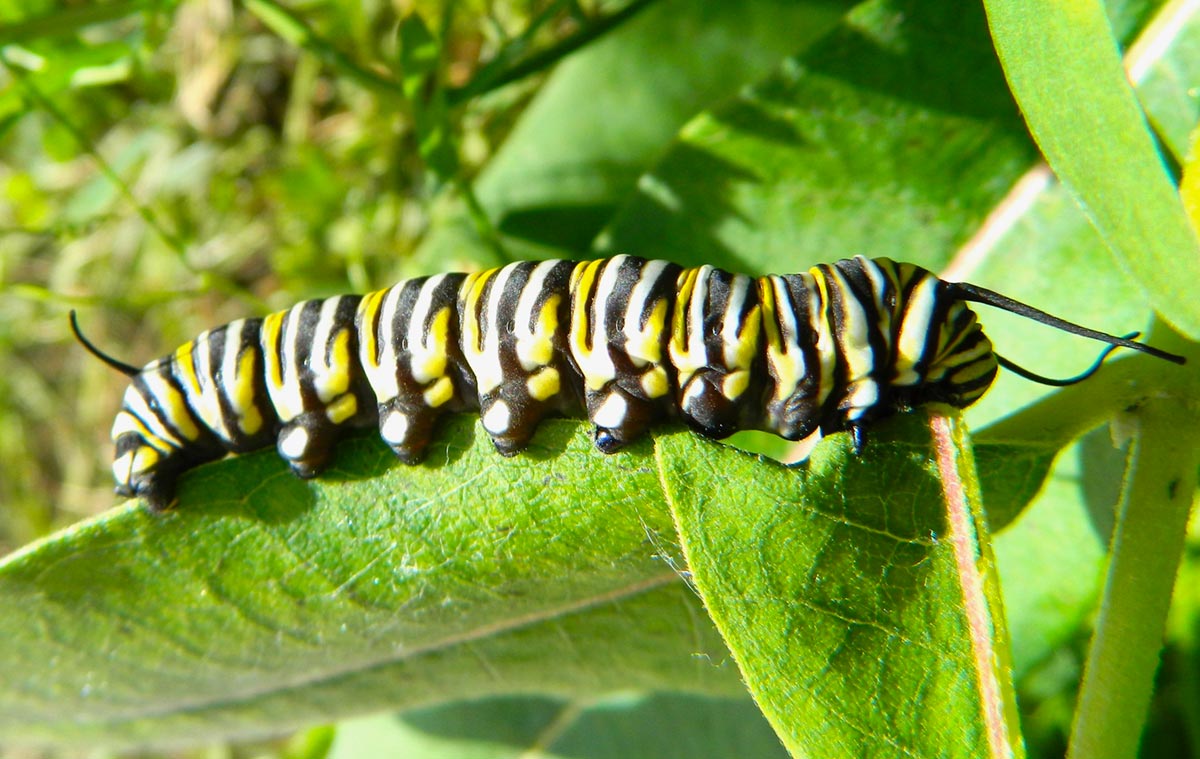Our Take
The 6th Extinction isn’t an unpredictable natural phenomenon, it’s human caused and you can help prevent it.
Educate Yourself


Quick Facts
1000
1,000 meters/year is the rate at which species will need to move to stay in a climate that is habitable to their needs.[1]
8.7
8.7 million is the estimated number of species on Earth, including 5.87 million animals that haven’t been discovered yet.[4]
20%
The rate at which we’re currently slowing extinction through conservation measures and protected refuges. Imagine if we did more!
1000
1000x is the accelerated rate at which extinction is occurring because of climate change, overhunting, pollution, and habitat destruction.[5]
What’s happening?
When you think of extinction, you may think of the dinosaurs. Maybe you picture giant meteors, volcanic eruptions, or an ice age. Massive extinction events have occurred throughout history, but did you know we are living through one right now? Scientists refer to it as the 6th Extinction. There are millions of species on Earth, and it’s predicted that millions have yet to be discovered, but many are disappearing. It’s hard to pin down the exact rate of extinction because so many have disappeared before we even discovered them, but scientists agree on one thing: the current species extinction rate is the highest it’s been in human history. And it’s growing. In fact, this rate is “now comparable to the five previous catastrophic events over the past 600 million years, during which up to 95 percent of the planet’s species disappeared”.[2]
So what exactly is the big threat to Earth’s biodiversity? Climate change holds some of the responsibility as do people. As our populations have increased, so has our consumption of resources. As we continue to harvest the planet’s resources, we consume valuable habitats, pollute water sources, and in some cases, over hunt. As climate patterns change, every species from the tiniest bug to the biggest predators, even plants and microscopic organisms, are impacted. Species have to rapidly adapt to survive changing temperatures, new rainfall patterns, moving food sources, and increased competition. Unfortunately, many can’t adapt fast enough to keep up with the pressures.
What are the effects?
Picture a Jenga tower with all its wooden blocks in place. Each block represents a different plant, animal, or other organism. If you take a couple blocks away, the tower still stands. Take too many away, though, and it will eventually collapse. The same concept applies to Earth’s biodiversity. As species go extinct, it’s like removing a block from the tower. Remove too many and the planet’s biodiversity will collapse. While humanity is a driver of these changing forces, it’s not exempt from the consequences. Good news is there’s still time to reduce our environmental impact, mitigate climate changes, and preserve a balanced biodiversity.

